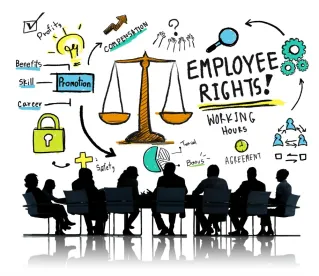An earlier post noted an internet search of “FCRA Settlement 2016” returned over 1,800 results. In the three months since that post, that number has grown exponentially—to nearly 55,000 results—demonstrating the current popularity of both individual and class FCRA claims. This is particularly important for employers. The FCRA’s restrictions on the use of background checks (known as “consumer reports”) applies to any employer obtaining a background check on an applicant or existing employee through a consumer reporting agency, for employment purposes. Background checks can be particularly useful for employers when vetting applicants, but (1) the employer must provide proper disclosures and (2) the employee must provide lawful authorization before the background check is run.
I. Disclosure by the Employer
The FCRA requires that the employer provide a written clear and conspicuous disclosure to the applicant that a consumer report may be obtained for employment purposes. Importantly, this disclosure must be in a document that consists solely of the disclosure. If using a paper application, the disclosure should be included on its own separate page. If using an electronic application, the disclosure should be separated or isolated from other parts of the application in some discernable fashion. Additional disclosures may be necessary if the consumer reporting agency is running investigative consumer reports (consulting references personally as part of the background check) or proscribed by applicable state law.
II. Authorization by the Employee
The FCRA also requires the employer obtain the consent of the applicant or employee for the employer to have the background check run. Notably, this authorization, if obtained in writing, may be contained in the same document as the previously mentioned disclosure. The FCRA permits oral authorization, although a written or electronically obtained authorization will be more effective if the authorization is later challenged by, for example, an applicant who was denied employment on the basis of information contained in the background check.
There are additional requirements under the FCRA if an employer intends to take adverse action against an employee or applicant based on the contents of the background check. But even before the background check is run, an employer can expose itself to extensive liability, including attorneys’ fees and punitive damages, if it fails to properly disclose and obtain consent for the background check. Employers most commonly face problems when their disclosure and authorization form contains too much information, potentially violating the requirement that the disclosure consist solely of the disclosure. Many employers assume (incorrectly) that more language in the disclosure equals more protection. Employers should take care to work with their consumer reporting agency and legal counsel to ensure they are compliant with the FCRA’s technical disclosure and authorization requirements.




 />i
/>i

